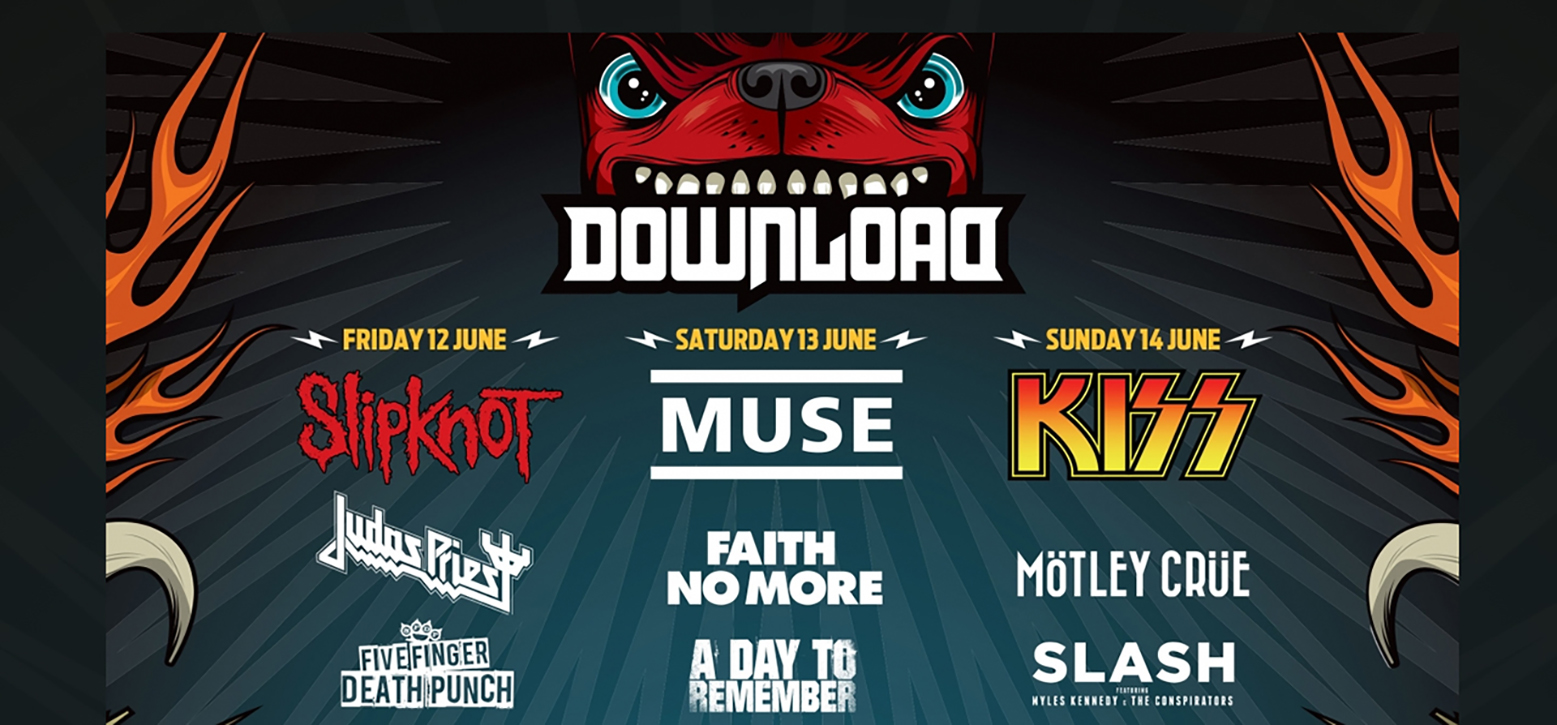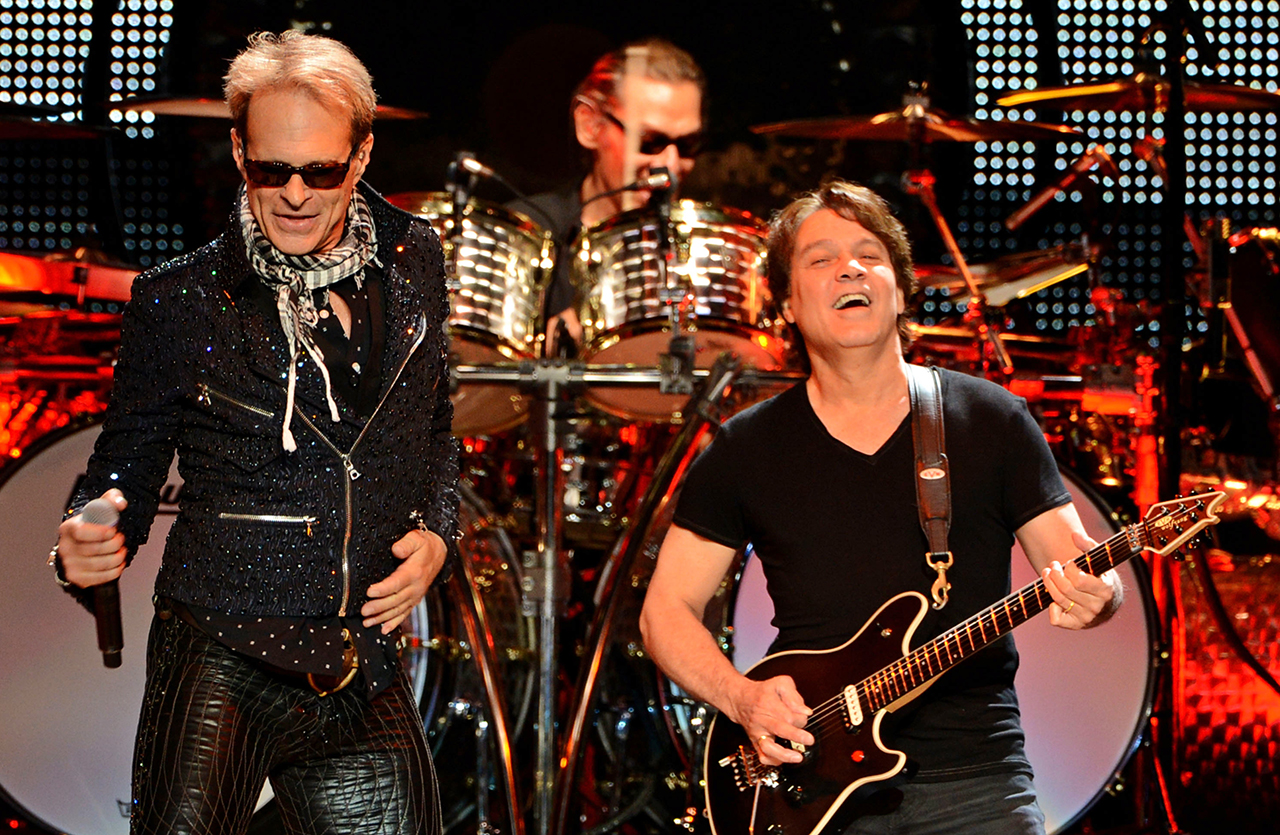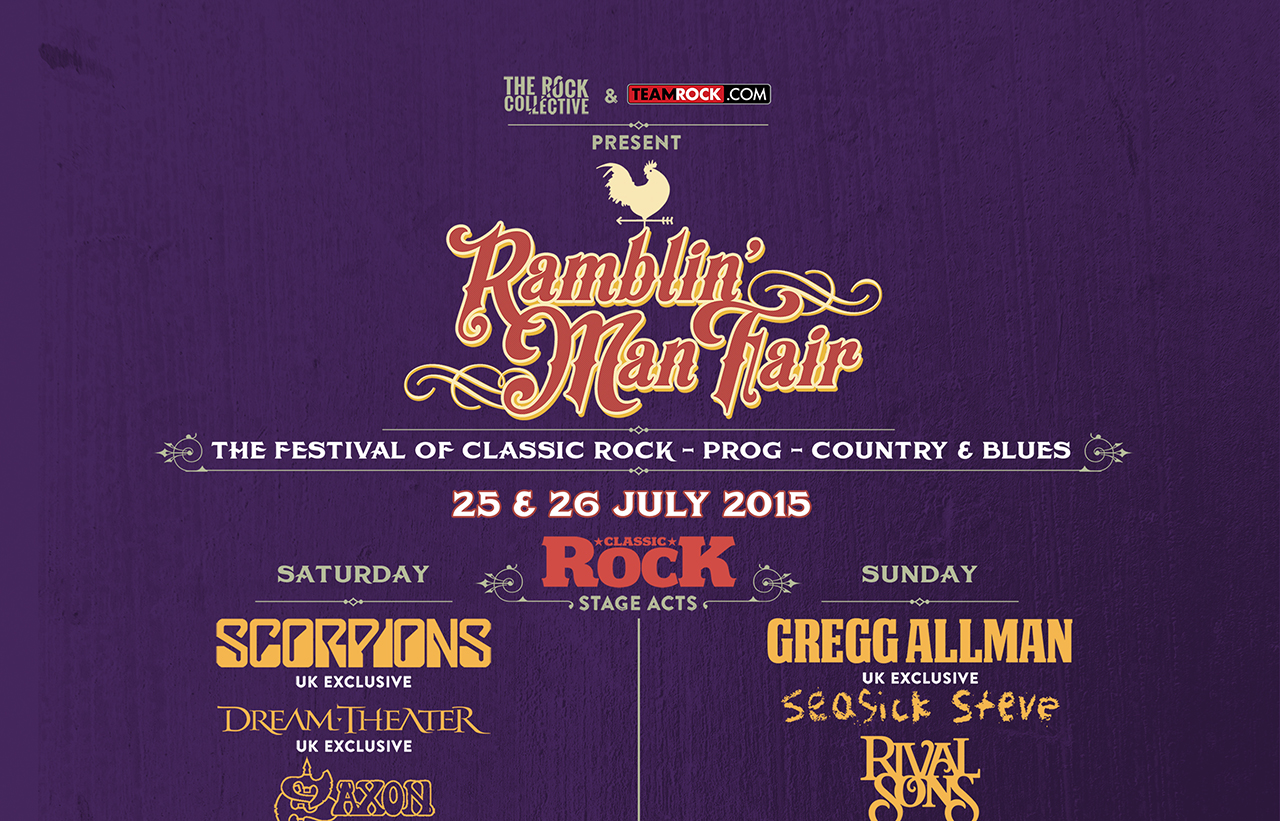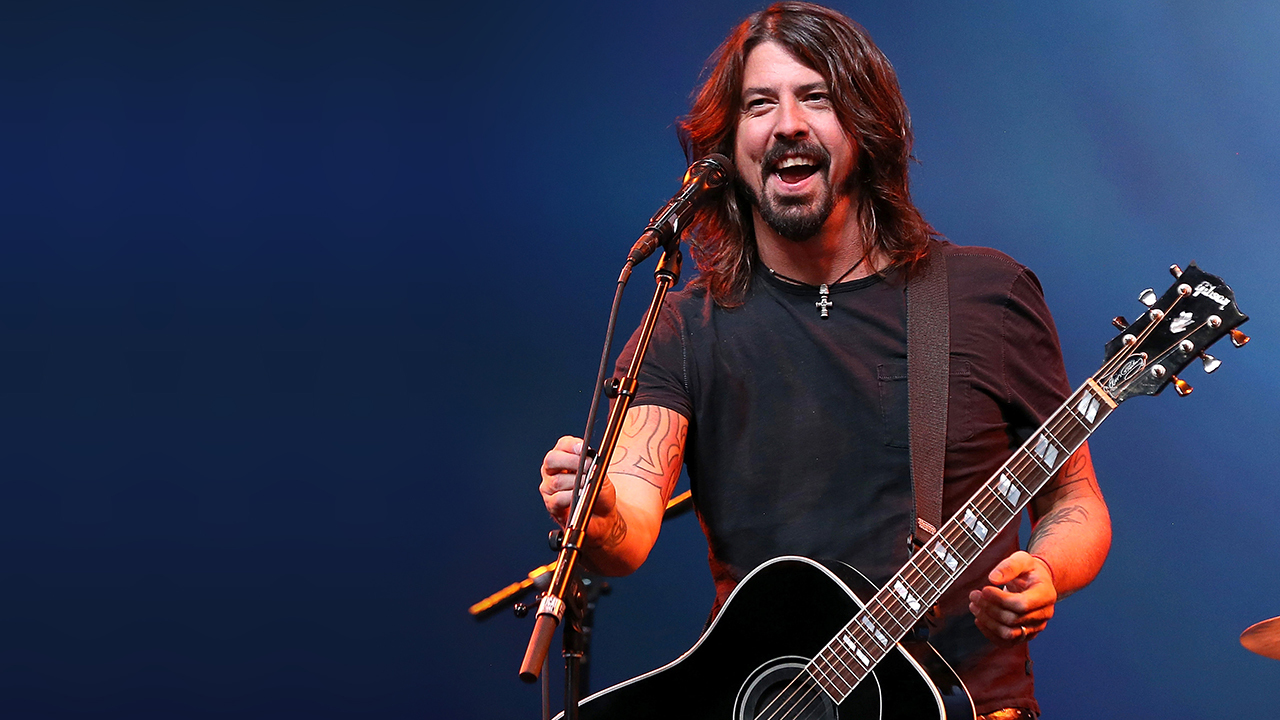At the end of May, Harvey Goldsmith said what a lot of people had long been thinking. Speaking at the Hay literary festival, the veteran promoter who put on Live Aid and has worked with everyone from the Rolling Stones to Iron Maiden suggested that the era of the music festival was drawing to end. The problem, he insists, is that there are now too many festivals and, crucially, there aren’t enough big-name bands to appear at them to draw in the crowds.
His comments were controversial, but many in the industry agree with him. With literally hundreds of festivals taking place in the UK between May and September 2015, organisers are forced to battle with each other over an already diminished pool of artists with enough pulling power to top a bill. There have already been casualties, most notably the British leg of Sonisphere – the 2015 event was cancelled for the third time in four years, with its organisers admitting they were unable to secure a sufficiently good line-up and a weekend that didn’t clash with rival events.
“That is a big, big problem in our industry,” he said. “And we are not producing a new generation of these kind of acts – the likes of the Rolling Stones or Muse – that can headline.”

“There’s definitely a problem – too many festivals,” says Andy Copping, promoter of the Download festival. “There is a finite pool of bands that I can book, and it’s shrinking, absolutely. And with so much to choose from the audience is diluted.”
As the biggest British rock festival, Download is one of the summer’s tent-pole events. But even it has struggled when it comes to booking new headliners. Since its inception in 2003, Iron Maiden and Metallica have both topped the bill three times each, while Slipknot have made five appearances in total – three of them as headliners. It’s a fact that hasn’t escaped the more critical element of the festival’s fan-base, who aren’t shy when it comes to complaining about seeing the same names over and over again.
“On one hand it makes me really fucking angry,” says Copping. “What do they want me to say? ‘There’s no festival this year? Okay, let’s fucking cancel Download.’ But look, if somebody considers one of our three headliners weak or uninteresting, instead of being negative then please give them a go.”
Copping has certainly been proactive in trying to bring through fresh blood. Recent years have seen Avenged Sevenfold, The Prodigy and Muse make their bow as Download headliners (“Yeah, I got some grief for Muse,” he admits). We’re likely to see the bills shaken up even further in future, given the fact that many of rock’s established A-listers are approaching the end of their career. It’s a challenge that Copping is apparently looking forward to.
“In five to ten years there will be no more Iron Maiden, AC/DC, Black Sabbath, Aerosmith or Metallica,” he points out. “So I’ve got a list of bands that haven’t headlined Download that are still touring and of a level that suggests they could do so, and it includes Paramore, Biffy Clyro, Pearl Jam, Blink 182, Bon Jovi, Van Halen, Green Day and Foo Fighters – that’s eight bands.”

Van Halen’s sole appearance at Donington Park was at Monsters Of Rock back in 1984. Since then Andy Copping has been tantalisingly close to booking them for Download – twice.
“I had verbal confirmation on two occasions,” says the promoter, whose all-time favourite rock band is the David Lee Roth-fronted VH line-up. “Last year was their thirtieth anniversary; I saw an entire European schedule that had been verbally confirmed. An unfathomable amount of money was on the table and it would have involved less than three weeks spent outside the US. They’d have cleaned up. I’m still left wondering why the fuck they won’t just come over and do it. I hope it happens before everyone gets super-old and grey.”
While the big guns depend heavily on the calibre of their headliners, the smaller events could provide an alternative way forward for festivals. This year sees the launch of the Ramblin’ Man Fair, which takes place in Kent on the weekend of July 25 and 26. It’s headlined by the Scorpions and Gregg Allman, although organisers insist the festival is greater than the sum of its parts.

“I don’t know how much longer it will be possible to sustain large festivals based on headliners,” says Abbie Marshall, Ramblin’ Man’s Director Of Promotions. “With due respect to the Scorpions and Gregg Allman, we are not all about the headline act. It’s about every single band on the line-up, which includes relatively new talent such as The Temperance Movement, Rival Sons or Toseland. It’s important that we mix heritage acts with the headliners of tomorrow, or that opportunity may never come along.”
While Download and Ramblin’ Man are approaching things from different angles, the challenge is ultimately the same for both: festivals have to move forward in order to survive. For Marshall it seems that boutique is best, with curated bills, themed stages and non-musical activities key to a festival’s success. Attendance for the first Ramblin’ Man is capped at 20,000, and next year’s event is unlikely to be much bigger.
“Ramblin’ Man will remain niche and boutique,” says Marshall. “ The consumer is wising up. They no longer want to stand in a huge field or queue like cattle for a warm, overpriced beer. Some people have fallen out
of love with festivals. It’s up to us to make them pleasurable again.”
Andy Copping is already considering possible future Download headliners, naming a reunited Guns N’ Roses, Slash as a solo artist, Alter Bridge and Black Stone Cherry among them. “It’ll horrify a lot of people, but Nickelback are also on my radar,” he admits. But he says that the responsibility doesn’t just lie with the promoters, it lies with everybody. If the world at large isn’t supporting emerging rock bands, what chance do the festival organisers have?
“Festival bills must be nurtured for the future,” says Copping. “It’s the responsibility of the fans, the media the radio, everybody. Or the well will run dry.”

